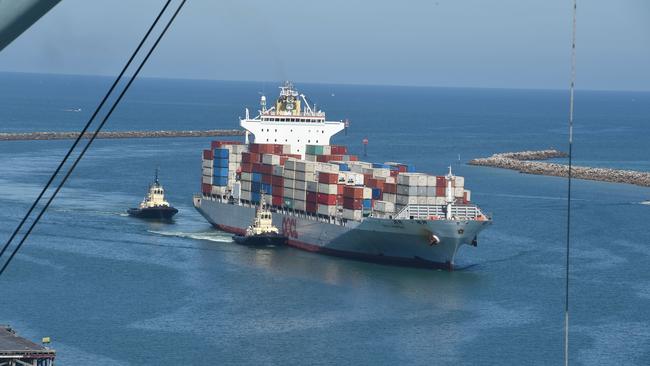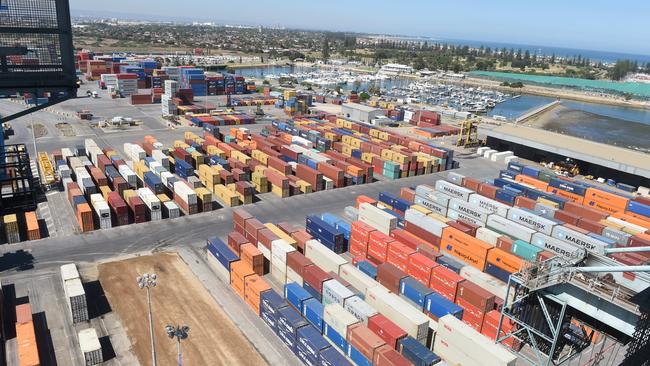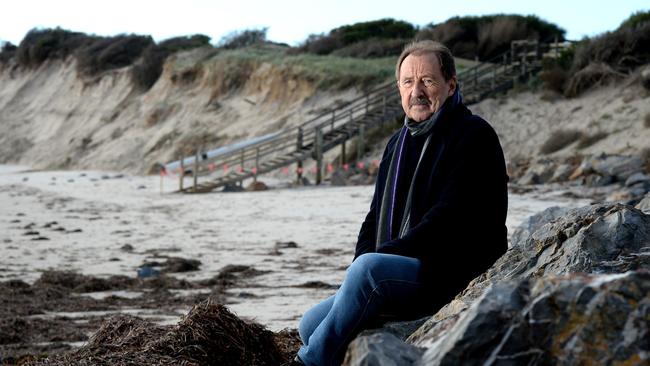Plan to dredge Port River channel stirs up environmental fears
SA’s largest port operator has applied to widen the existing shipping channel at Outer Harbor. But what does that mean for the dolphins and other wildlife?

West & Beaches
Don't miss out on the headlines from West & Beaches. Followed categories will be added to My News.
FLINDERS Ports wants to dredge the Port River, sparking “serious concerns” from local environmental groups.
SA’s largest port operator has applied to the State Planning Commission to widen the existing shipping channel at Outer Harbor by 40m for a distance of 7km.
Its proposal would require dredging of 1.55 million cubic metres of sea matter to be relocated at Gulf St Vincent.
According to Flinders Ports, the project is necessary because the number of ships calling into Outer Harbor has quadrupled this year and is expected to double again in 2018.
Shipping and cruise companies are also increasingly converting their fleets to a broader class of vessel.
“The project is responding to this change in vessel size as the key driver to ensure economic operations are maintained to support South Australian trade and avoid any decrease through use of alternative Australian ports and land routes,” Flinders Ports’ application says.

However, Jim Douglas, president of the Western Adelaide Coastal Residents Association, said the economic benefit of widening the channel did not outweigh the destruction of the environment.
“WACRA has serious concerns about the dredging operation and would like to see it stopped because of its massive detrimental effects on the marine environment,” Mr Douglas said.
“We would never want to see a repeat of the 2005 Port River dredging operation (by Flinders Ports) and the resulting cloudy water stretching ... as far as West Beach.”
He said he did not understand why the dredged matter would be dumped at Gulf St Vincent instead of being pumped onto land — which was safer and could be used to build sea banks in flood zones.

Port Adelaide Residents Environment Protection Group president Tony Bazeley agreed.
“Disposal of dredge spoil at sea is truly last century’s solution,” Mr Bazeley said.
“The main problem arising from dredging occurs when the plume of dredged sediments smothers marine organisms and sea grass.
“The SA Government has spent literally millions of dollars investigating sea grass loss — 2000ha in 2005 — and its restoration.
“Naturally re-emerging sea grass in the river near Torrens Island is particularly at risk.”
Flinders Ports has acknowledged this risk and is proposing to use a vessel with “green valves” to exclude fauna and reduce stirred-up sediment, which causes the cloudy water and loss of sea vegetation.
The project is open for public consultation until December 13.


